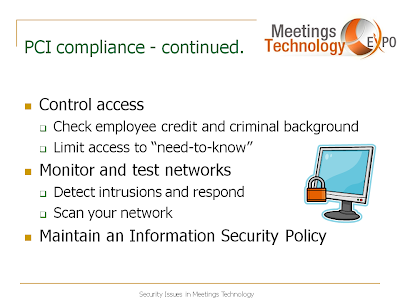 For example, look at a typical "share this page" icon bar like the one on the left. The social network world asks you to connect with everyone you've ever met, and then to share everything you do with all of those people, plus the people they know, and so on. As "connecting" and "sharing" have become easier, the amount of information bombarding you grows exponentially. Things are completely out of control when CNN reports live Twitter feeds from Iran as "breaking news", without any clue as to what is true and who is providing the information.
For example, look at a typical "share this page" icon bar like the one on the left. The social network world asks you to connect with everyone you've ever met, and then to share everything you do with all of those people, plus the people they know, and so on. As "connecting" and "sharing" have become easier, the amount of information bombarding you grows exponentially. Things are completely out of control when CNN reports live Twitter feeds from Iran as "breaking news", without any clue as to what is true and who is providing the information.The Way Education Is
This reminded me of a recent experience. I was helping my 4th-grade son Cade with his homework - a research paper on piranhas. Like any Generation Z student, he first Googled "piranhas", and then started browsing through the top 10 results (out of 1,820,000). He already had more information than I possibly could provide for his two page paper. Shaking my head at the advantages he has in school over my experience, I went downstairs to finish some chores.
A few hours later, I returned to our playroom to find him still at the computer, hitting keys like a madman and laughing hysterically. "You've got to see this!", he screamed as he replayed "7 piranhas kill and eat frog" on YouTube. I looked at his Word document and saw that he had formatted the title and date on the top of the first page, but nothing else.
The Way Education Was
During my education, the hardest part of the assignment was finding information. Given the same research assignment, I would have had to get a ride to the library (during the hours it was open), search through the card catalog, write down the Dewey decimal codes for a few books on the topic, find the books and browse through them to see which ones looked the most promising, check out those books, go home, read the books (or at least the table of contents) while taking notes on key facts, write the paper, and then finally type it in the mandated format. This process would take me at least half a day.
My children, however, could accomplish the same task in minutes with Google and Word on their home PC. Yet Cade spent about the same amount of time to finish his paper as I would have without his technological advantages.
The New Task of EducationThat made me realize - my education was about finding information and storing it for future retrieval. Cade's education (and my ongoing education) is about filtering the flood of information coming at you every second.
In the past, it was so difficult to find information that once you found it, you better memorize it so that you could retrieve it quickly the next time. Thus open-book tests did not help the unprepared.
Now, you get more information thrown at you in 5 minutes than we had in 5 days, before the Internet and Television. The key is to figure out:
- What is true
- What is important
- Who I can trust
And, as Cade demonstrated:
- What should I ignore
Social Networks can help you filter, or they can flood you with more information
Back to the point of this analogy. The best aspects of Social Networks are ones that help you connect with friends, and through mutual association help you answer the question of "Who can I trust?" The worst aspects of Social Networks are those that increase the flood of minutiae, unsolicited marketing, spin, and out-right lies.
Hopefully, we will improve our mental filters as part of our ongoing education in an environment of limitless information.


































